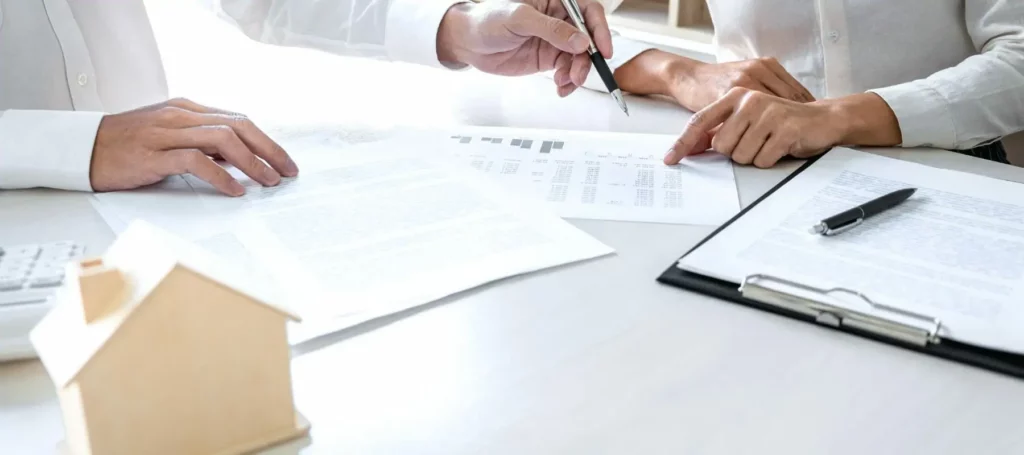Estate Probate Appraisals
Estate/Probate Appraisals are used to determine the fair market value of a deceased person’s property for legal and tax purposes. This type of appraisal is essential in an estate settlement, as it helps establish the property’s value, ensuring that the estate is properly distributed to heirs or beneficiaries. These appraisals are also utilized to determine potential tax liabilities for probate. The appraiser evaluates the property in its current condition, considering comparable sales and market conditions. Estate and probate appraisals are often required by executors, attorneys, CPAs and probate courts to resolve estate matters and ensure compliance with legal obligations, including any taxes owed by the estate.
The Role of Estate Appraisals in Probate
When a person dies, their estate must go through a legal process called probate, during which debts are paid, and remaining assets are distributed. If the estate includes real property, an accurate appraisal is necessary to establish its value. Courts, attorneys, executors, and accountants rely on this information to calculate estate taxes, file necessary documents, and ensure equitable distribution. The appraisal helps prevent disputes among heirs, supports legal compliance, and provides a reliable figure for tax purposes—including possible capital gains assessments for future sales.

Date of Death Valuation
One of the key aspects of a probate appraisal is that it typically requires a “date of death” valuation. This means the appraiser must determine the market value of the property as of the exact day the property owner passed away, regardless of when the appraisal is actually conducted. This historical valuation is important for federal and state tax reporting, especially when calculating estate taxes or establishing the cost basis for inherited property. An experienced appraiser will use market data from that specific time to provide an accurate retrospective appraisal.

Who Needs an Estate or Probate Appraisal?
Several parties may need estate/probate appraisals, including:
Executors and estate administrators, who are responsible for managing and distributing the estate’s assets
Heirs and beneficiaries, to ensure they receive a fair and legal share of the property
Attorneys and probate courts, for legal documentation and dispute resolution
Accountants and financial advisors, for estate tax calculations and planning
IRS or state tax authorities, for verifying the declared value of the estate
Accurate appraisals help all parties stay in compliance and avoid potential penalties or disputes.

Choosing the Right Appraiser
When dealing with probate and estate matters, selecting the right appraiser is a critical step that can significantly impact the outcome of the valuation process. Because estate appraisals often involve complex legal and tax considerations, it’s essential to work with a certified or licensed real estate appraiser who has specialized knowledge in this area.
An experienced appraiser understands the nuances of retrospective appraisals, which assess the property’s value as of a specific date in the past—often the date of the decedent’s death. This skill is vital to ensure that the valuation accurately reflects the market conditions at that time, which can differ greatly from current market trends.
The appraiser should also be capable of preparing a comprehensive, defensible report that meets the stringent guidelines of USPAP (Uniform Standards of Professional Appraisal Practice). Such a report is detailed, well-documented, and designed to withstand scrutiny from tax authorities, probate courts, attorneys, and other stakeholders involved in estate administration.

Conclusion
Estate and probate appraisals play a vital role in settling a deceased person’s estate with fairness, accuracy, and legal compliance. By establishing the property’s market value as of the date of death, these appraisals help executors fulfill their duties, support tax reporting, and ensure a smooth transition of assets to heirs. Whether you’re managing a loved one’s estate or assisting with legal documentation, working with a qualified appraiser ensures clarity, peace of mind, and proper adherence to probate laws.
